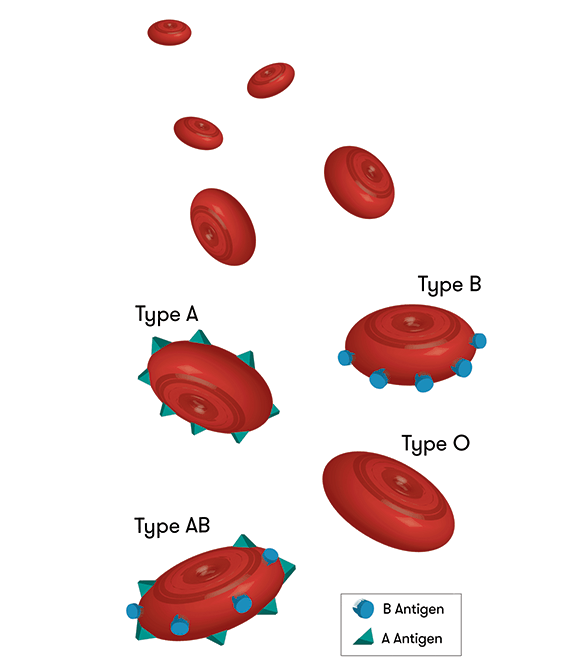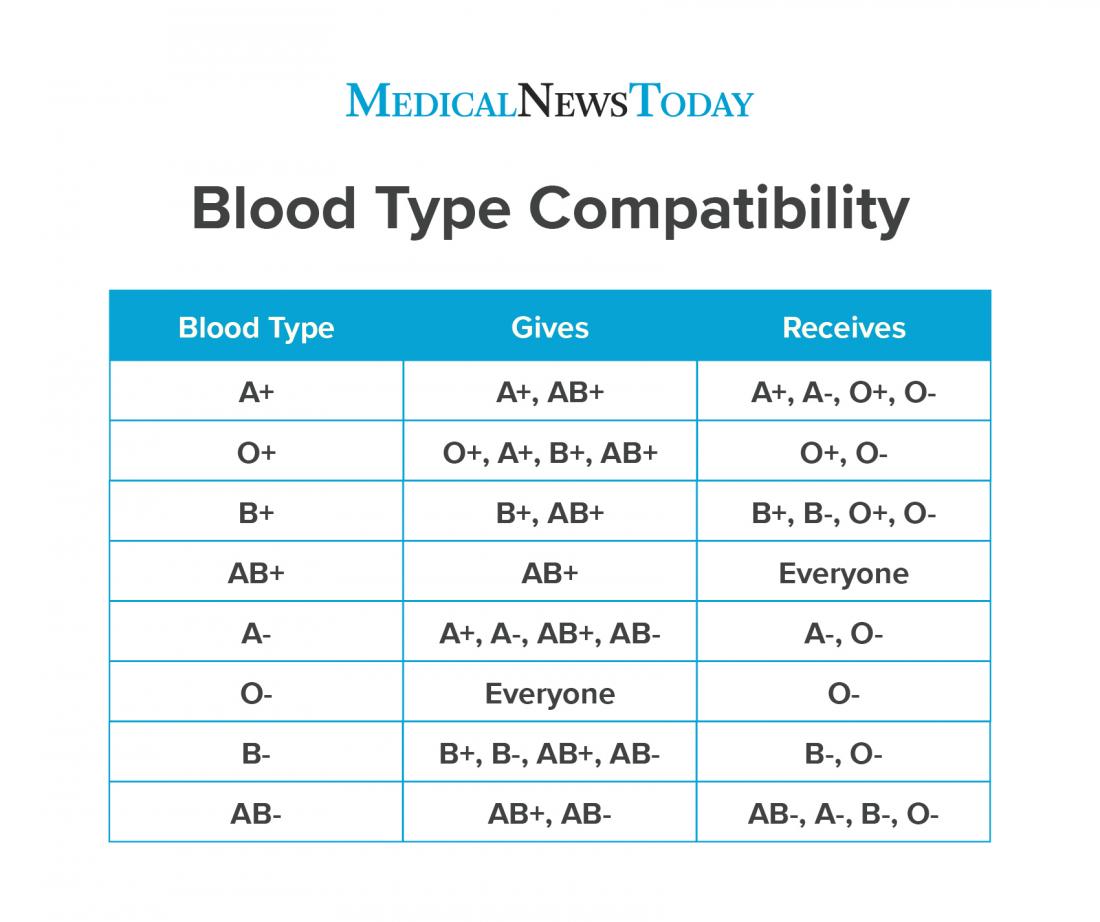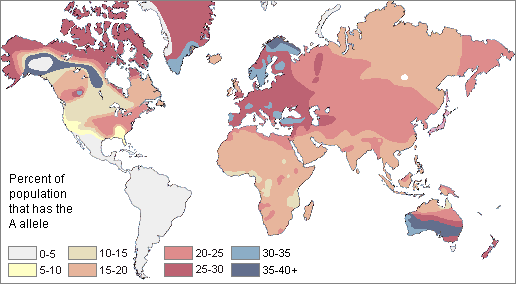


The Kell factor is rare but is strongly antigenic and only significant effects a small percentage of pregnancies annually.Īnti-Kell antibodies can be formed in response to a Kell+ transfusion into a Kell- person, which can cause severe hemolytic transfusion reaction. Only about 10% of the population is said to be Kell positive, the other 90 percent of the population are Kell negative. Most often they are treated as if they are Rh+, unless they are getting a transfusion. These women are rarely at risk for Rh problems. When this situation occurs the person would be reported as Rh- Du+. This causes the blood stream to respond as if it where Rh+.

In these situations, the Du factor usually compensates for the lack of other Rh factors. This is important because in some cases where the Rh group is missing (Rh-), the Du factor is may be present. The Du factor is related to the "Rh group" of blood factors. Children must inherit one "blood type letter" and one Rh "factor" from each parent, which in turn directly determines their own blood type. Equally, if a child was born Rh- (-) to an Rh- (-) mother, the father could not have two positive (+ +) Rh "factors", or the child would have to be Rh+. If the "father" was BB the child's AA blood would prove that he couldn't be the biological father. Again, this is because if a child was born AA and the mother was AA, they father would have to be AA also. The Inheritance Rule was considered by law and the medical profession to be an acceptable test when trying to prove paternity and it was used as such until modern day DNA Paternity Testing was introduced and available. If one parent is ++ and the other parent is + -, there is a 50/50 chance ofĮarly Paternity Testing based on The Inheritance Rule If both parents are -, the child must be. If both parents are ++, then the child must be ++.


 0 kommentar(er)
0 kommentar(er)
